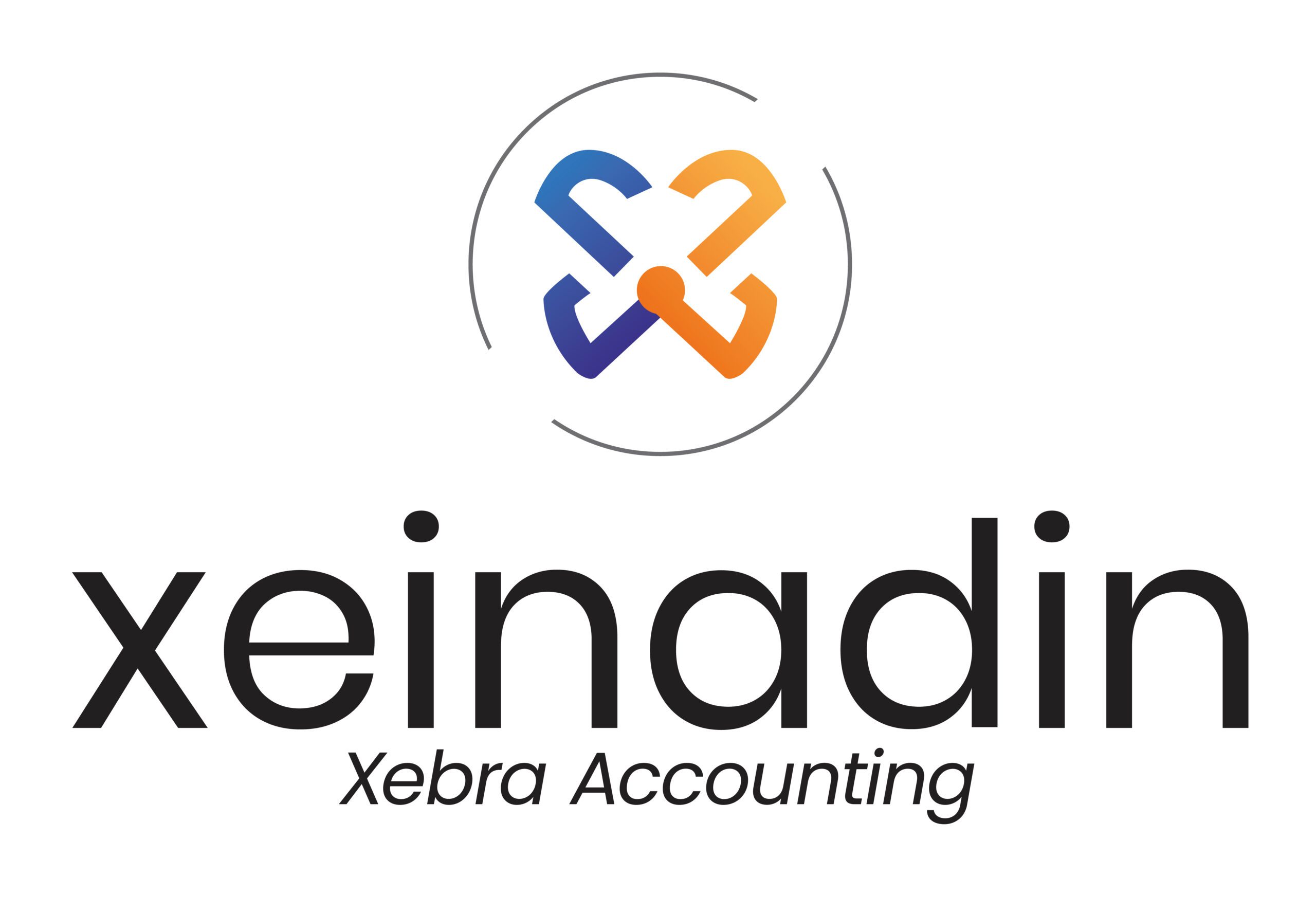Self-employment is quickly becoming an area of interest for many people. It’s not surprising when you hear that UK redundancies hit a record of 370,000 in the last quarter of 2020. As the unemployment rate rises to 4.9%, many people are looking at their options and wondering if now is the time to strike out on their own.
While being self-employed does come with a lot more control over your future, it is by no means a walk in the park.
Here are the pros of becoming self-employed:
- Work when you want – you have the flexibility to decide your own working hours. As long as the work gets done, it doesn’t matter if you want to take Mondays off.
- Work where you want – all you need is a phone, a laptop and a stable internet connection. This means you can define your own work environment.
- Choose the work that you want – you are free to take on the work you are most passionate about and to decide who you want to work with.
- Potentially make more money – your hourly rate is going to be much higher than what you would earn in a full-time job. If you’ve got a full schedule of work booked in, you could be making a lot more per month than you would be employed.
- Always learning – running a business takes a lot of additional skills, so you will always be developing yourself. As well as business skills, you can also take more control over your own learning and development.
- Benefit from tax advantages – many things become tax-deductible if it’s purchased for the sake of your business. These business expenses can even include a portion of your rent and house bills if you are working from home.
- More control over your income – if you want to make more money, you can find more clients. Since you are responsible for your own income, this provides you with more of an incentive to work harder too.
Here are the cons of becoming self-employed:
- Hours can be long – you may not enjoy your time off when thinking this time could be spent earning. This may mean that you end up working far more hours than you did as an employee.
- Being alone in your work environment – it can be lonely working entirely alone. Having no one to discuss work with or share victories or frustrations can be very difficult.
- You have to do everything – now you’re self-employed, you have to do all of the work. The bookkeeping, the marketing and so on. This not only takes up a lot of your time, but it can be quite stressful too. Especially since you can’t ask a colleague for help.
- No guarantee of work (or money) – unlike a 9-5 job, you don’t know what work you will be able to secure. This often leads to a lumpy pipeline.
- Potentially make less money – being self-employed is difficult and requires a lot of self-motivation. If you don’t have the drive, then you’re going to earn less.
- Working for free – running a business takes time. Time to market yourself, quote for jobs, invoice clients, and manage multiple clients, as well as your own schedule. This is time that you’re not getting paid for.
- No employment rights or a workplace pension – being self-employed means no sick pay, annual leave, workplace pension or company benefits. Essentially, any time not working is time not making money.
Self-employment isn’t all smooth sailing
Being self-employed may sound like heaven, but you alone are responsible for whether you fail or succeed. You get what you put in when you’re self-employed, and while this could result in more money and freedom, it takes a lot of self-discipline, motivation, and hard work to get there first.
If you would like any support with setting up your own business, please get in touch.
Give us a call on 023 8000 1313 or email enquiries@xebraaccounting.co.uk
